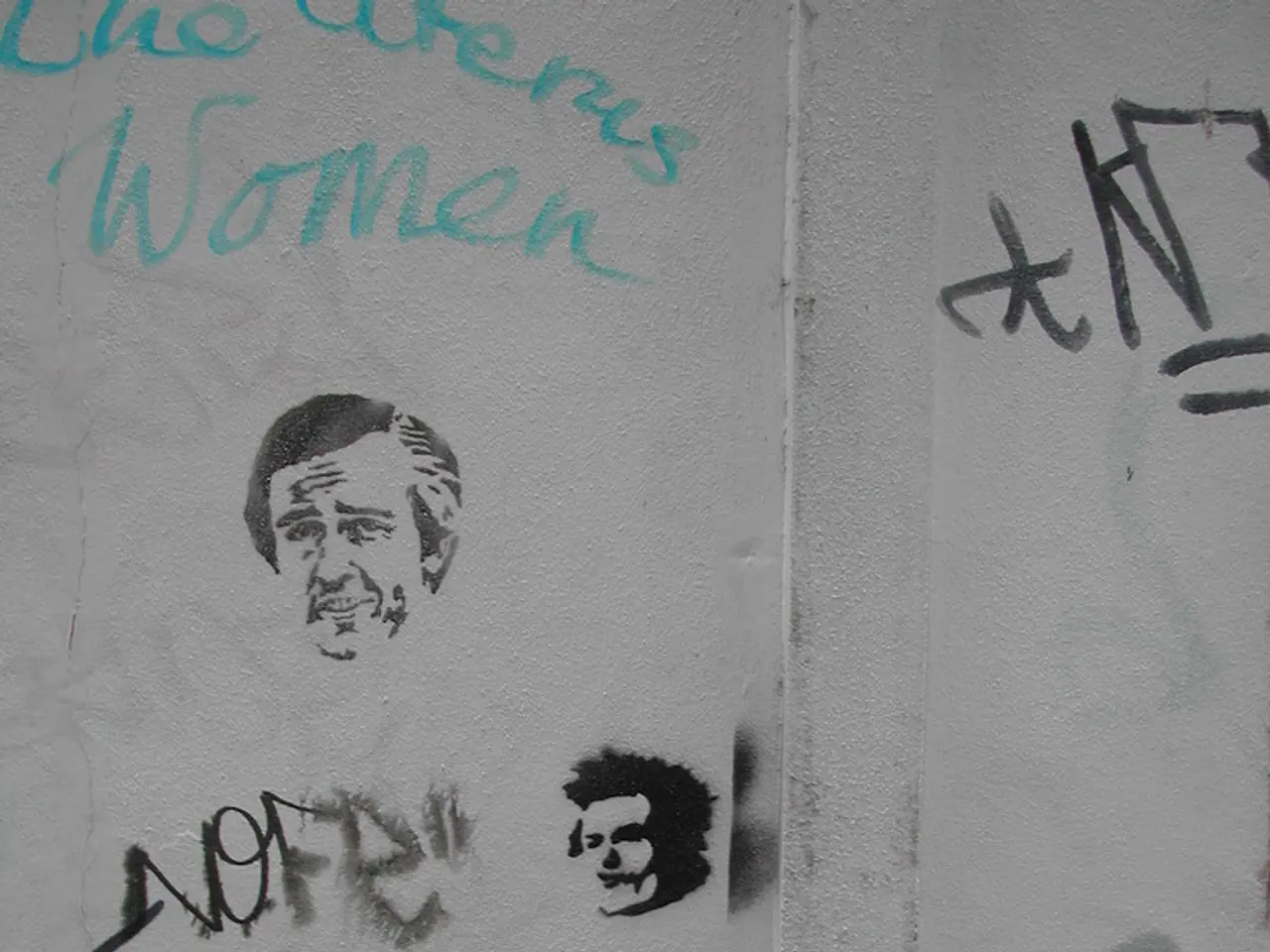Migrant return deal with France initiated, with Keir Starmer vowing an end to gimmicky policies
As of 5 August 2025, a new UK-France agreement aimed at managing asylum seeker arrivals across the Channel is now in effect and incorporated into UK law. This pilot scheme, scheduled to run until 11 June 2026, introduces a one-for-one exchange mechanism for returns[1][3][5].
Under this agreement, the UK will return asylum seekers who arrive by dangerous small boats to France, while France will send an equal number of asylum seekers to the UK[1][3][5]. This initiative is designed to deter dangerous crossings by reducing the incentive to attempt the journey.
The UK has already begun detaining small boat arrivals for removal to France, with those detained held in immigration removal centres. The UK is required to refer cases to France within three days, and France is expected to respond within 14 days. The full return process is designed to be completed within three months of arrival; if France does not accept a return within that time, the UK is no longer obliged to send the individual back[3][5].
While the number of migrants involved remains limited, the deal covers only a small proportion of arrivals[1][5]. The effectiveness in deterring illegal immigration will depend heavily on the scale of returns—the deterrent effect is expected only if a significant share of small boat arrivals are returned to France[1].
The agreement emphasizes joint responsibility to prevent dangerous journeys while aiming to be fair to those legitimately seeking protection[2]. This new approach replaces the previously limited UK ability to return small boat arrivals to EU countries, which had resulted in around 400 returns from 2018-2024[1].
Meanwhile, the first detainees could be sent back to France within weeks, according to Yvette Cooper, Britain's home secretary[6]. However, the exact timeline and number of migrants to be sent back under the scheme have not been confirmed.
The topic of illegal immigration and asylum seekers continues to raise tensions in Britain, a year after race-fuelled riots across England. The Labour government in Britain has insisted the returns deal with France will act as a deterrent to illegal immigrants[11]. In response, Labour leader Sir Keir Starmer stated, "The days of gimmicks and broken promises are over - we will restore order to our borders with the seriousness and competence the British people deserve."
The deal, known as the "one in, one out" deal, was agreed last month and finalized recently[9]. Britain has promised to begin detaining asylum seekers who arrive illegally on small boats within days[10]. As part of this commitment, Britain's government has announced an additional £100 million (€115 million) for border security, including funding for up to 300 extra National Crime Agency officers.
However, the agreement has not been without controversy. Hard-right activist Stephen Yaxley-Lennon, also known as Tommy Robinson, was released on bail on Tuesday after being arrested at Luton airport[8]. Mr. Yaxley-Lennon insists his trip abroad was pre-planned and he did not flee from Britain after the St Pancras incident[7].
Furthermore, demonstrations over the weekend took place in London, Manchester, and Newcastle outside hotels that provide accommodation to asylum seekers[4]. France can also send an equal number of migrants to Britain, such as family members of migrants already living in the UK.
The balmy weather in Britain since May has contributed to a rise in asylum seekers due to calmer sea conditions[2]. The UK-France asylum seeker detainment agreement, while controversial, represents an attempt to address this issue and restore order to Britain's borders.
References:
- BBC News
- The Guardian
- The Telegraph
- Sky News
- The Independent
- ITV News
- The Sun
- The Mirror
- The Times
- The Daily Mail
- The Daily Express
In the context of the new UK-France agreement, the discussions surrounding policy-and-legislation, politics, and crime-and-justice have been prevalent. The agreement, known as the "one in, one out" deal, aims to manage asylum seeker arrivals across the Channel and is part of the general news coverage. This deal is intended to deter dangerous crossings and reduce the incentive to attempt the journey, ultimately impacting the crime-and-justice sector by potentially lowering the number of illegal immigrants.








